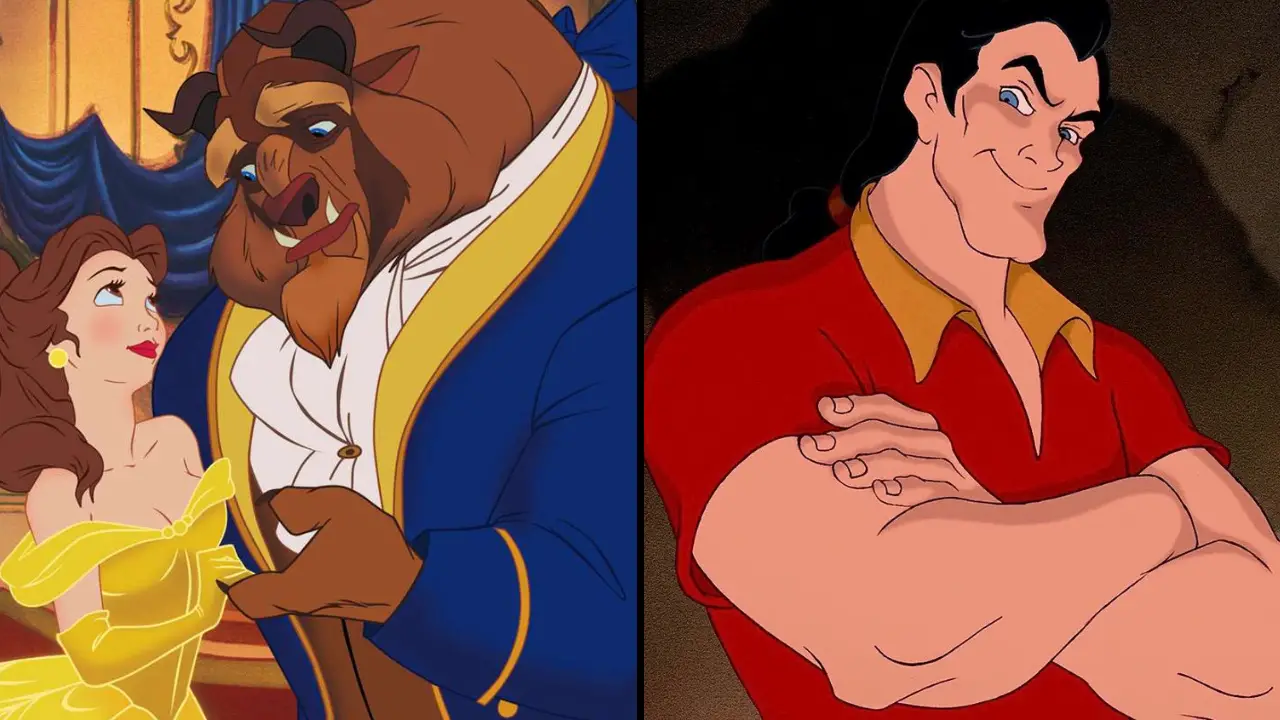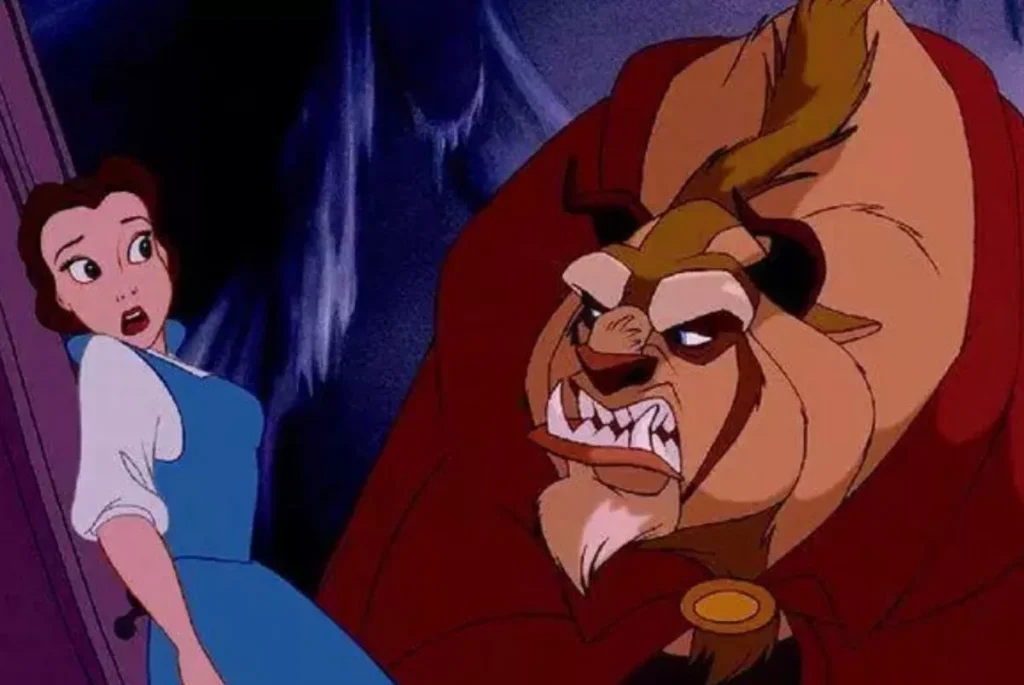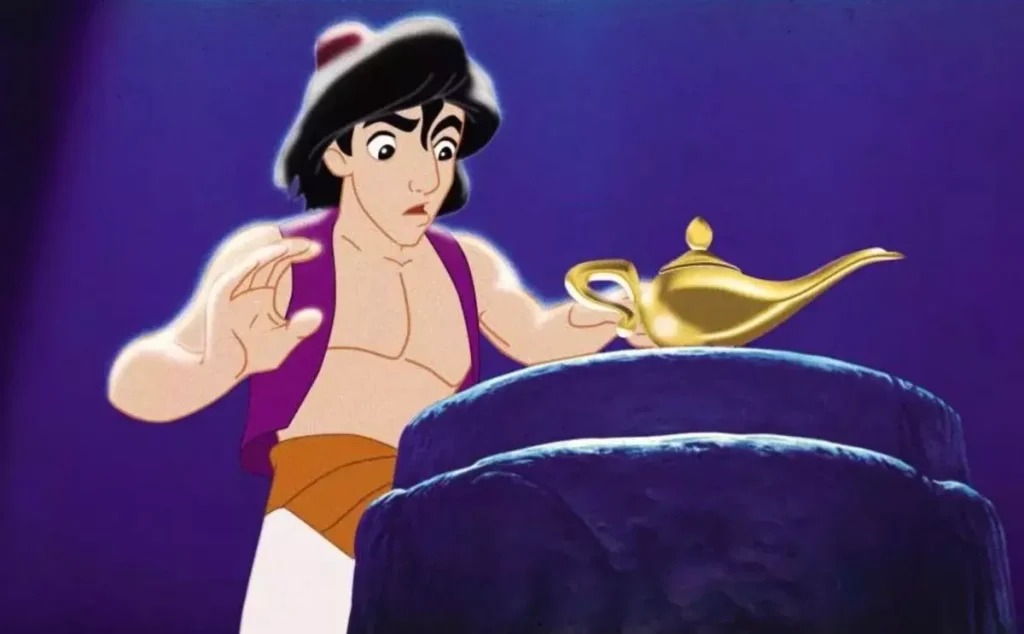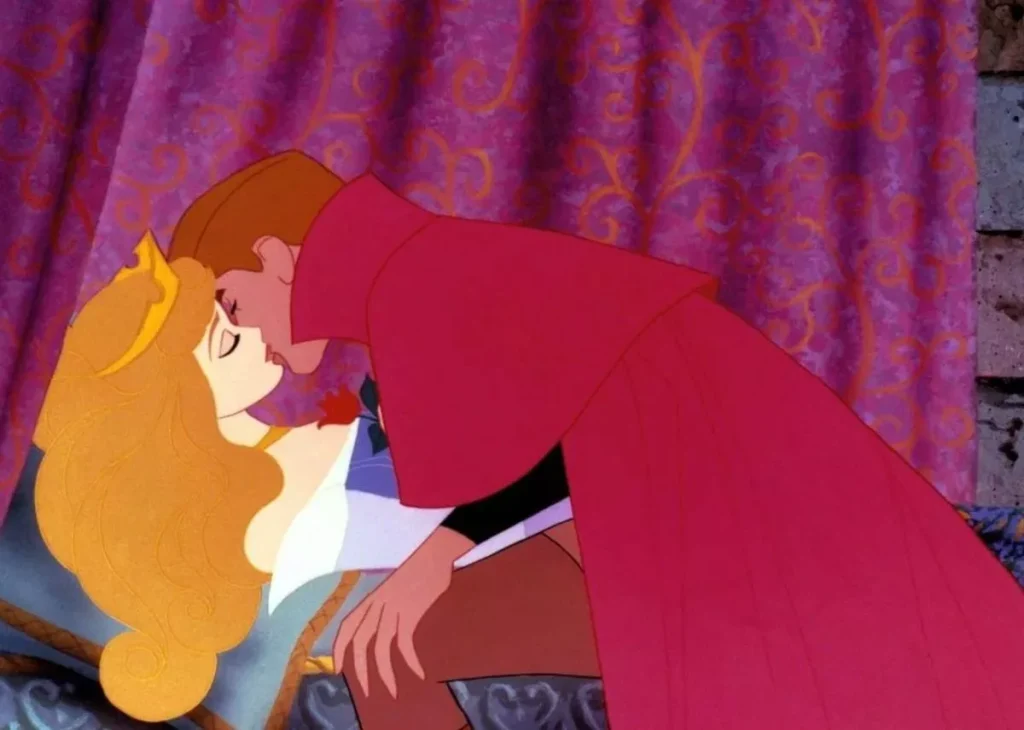
Credit: Disney
Disney’s Beauty And The Beast Has Been Dubbed The ‘Most Dangerous Film’
Fans of Disney movies have been left shocked after Beauty and the Beast was dubbed the ‘most dangerous’ film.
Scholars are raising concerns about the potential psychological impact of classic Disney films on young viewers, arguing that several beloved animated features contain troubling messaging and harmful stereotypes.
Dr. Victoria Cann from the University of East Anglia singled out Beauty and the Beast as particularly problematic.

“This is the most dangerous because the Beast always feels on the verge of violence,” she explained to the Sun.
Cann critiques the film’s underlying narrative, stating it ‘gives the unnerving idea that if a woman perseveres long enough, she can change an angry partner.’
The expert also takes issue with the film’s conclusion, noting that ‘the beast then turns into this blonde-haired white man for another happy ever after, giving the idea that now he’s good looking, he can’t possibly be angry or threatening.’
Racial representation emerges as another significant concern.
Dr. Cann points out troubling patterns in films like Aladdin, where character complexion appears to correlate with moral characterization.
“All the ‘good’ characters, including Aladdin, have pale skin, while the baddies have darker skin,” she observes.
Similar color-coding is noted in “The Lion King,” where the villain Scar is depicted as significantly darker than other characters.

Additional experts have raised further criticisms, per The Mirror.
Dr. Laura Coffey-Glover from Nottingham Trent University argues that films like Snow White create unrealistic expectations for young girls by portraying women as passive characters merely waiting for male rescue.
Consent and body image also feature prominently in the scholars’ critique.
Both Snow White and Sleeping Beauty are condemned for scenes depicting unconscious women being kissed without consent, which researchers suggest ‘normalize men’s sense of entitlement over women’s bodies.’

The films’ portrayal of female body standards comes under particular scrutiny, with Sleeping Beauty specifically criticized for presenting an ‘impossibly thin waist’ that could potentially contribute to unhealthy body image perceptions.
In contrast, more recent Disney productions like Frozen receive praise for introducing more progressive themes, including female empowerment, friendship, and family loyalty.
Related Article: Disney Urged To Change Plot Of Snow White As It Promotes ‘Kissing Without Consent’
Related Article: Disney World Removes Beloved Character After 50 Years Over Fears It’s Offensive
Want more stuff like this?
Get the best viral stories straight into your inbox!